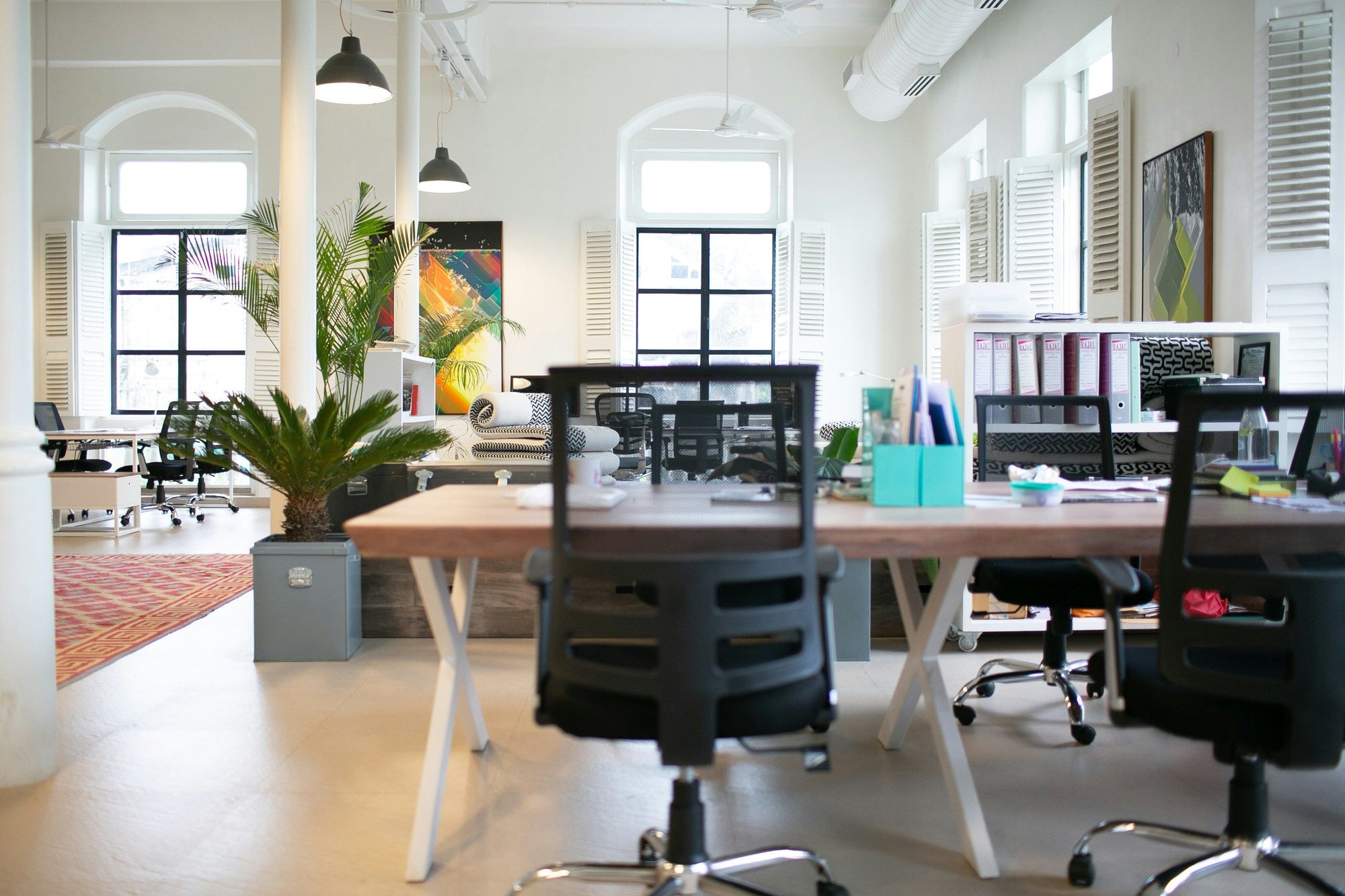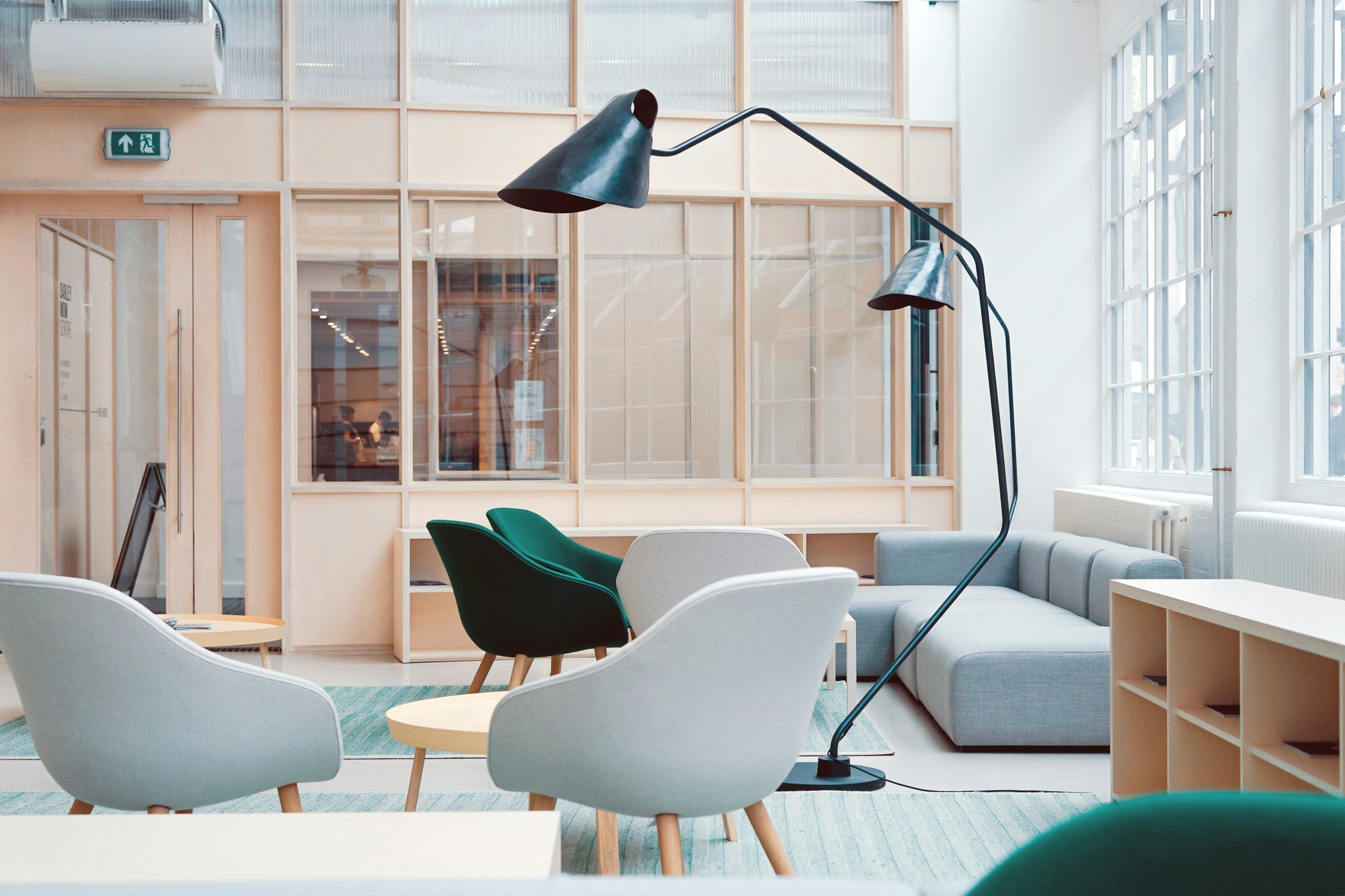Deciding whether to lease or buy office space is a significant choice that can have a profound impact on your business’s financial health, operational flexibility, and long-term strategy. While purchasing an office building can offer benefits, leasing often presents compelling advantages that make it a preferred option for many businesses. Here’s why leasing office space might be the better choice for you.
1. Flexibility and Scalability
Adapt to Changing Needs: Leasing offers unparalleled flexibility, allowing you to easily scale your office space up or down based on your business needs. Whether you're expanding or downsizing, a lease can be adjusted more readily than owning a property, which typically involves a longer-term commitment.
Short-Term Commitments: Lease agreements are generally shorter-term compared to the long-term financial commitment required for purchasing a building. This short-term nature allows businesses to adapt quickly to market changes, economic fluctuations, or changes in business strategy without being locked into a fixed location.
2. Lower Upfront Costs
Reduced Financial Burden: Leasing requires significantly less upfront capital than buying an office building. Typically, you only need to cover a security deposit and the first month's rent, whereas purchasing involves a substantial down payment, closing costs, and other financial outlays.
Preserve Cash Flow: By leasing, you can preserve your cash flow and allocate funds to other critical areas of your business, such as marketing, research and development, or expanding your product lines. This financial flexibility can be crucial for maintaining and growing your business.
3. Less Responsibility for Maintenance and Repairs
Landlord Responsibilities: In a leasing arrangement, the landlord usually handles maintenance and repair responsibilities. This reduces the administrative and financial burden on your business, allowing you to focus on core activities rather than property management.
Maintenance Costs: With a lease, you’re generally not responsible for major repairs or improvements, which can be costly. This can help manage your budget and avoid unexpected financial strain associated with property upkeep.
4. Access to Prime Locations and Modern Amenities
Prime Locations: Leasing enables you to access high-quality office spaces in prime locations that might be financially out of reach if purchasing. Being in a desirable area can enhance your company’s visibility and attractiveness to clients and employees.
Modern Facilities: Many leased office spaces come with modern amenities and infrastructure, such as high-speed internet, conference rooms, and shared facilities. These amenities can improve productivity and create a more comfortable work environment without the need for additional investment.
5. Greater Business Flexibility
Easier Relocation: If your business needs to relocate, a lease generally offers greater flexibility compared to owning a property. Relocating or expanding can be more straightforward, as you’re not tied to the property for the long term and can often negotiate shorter lease terms.
Market Adaptation: Leasing allows you to adapt to changing market conditions more easily. If your business experiences rapid growth or shifts in focus, you can more readily adjust your space requirements without the complexities associated with selling or purchasing property.
6. Financial Advantages
No Property Taxes: Leasing means you’re not responsible for property taxes, which can be a significant financial burden for property owners. This allows you to manage your operating expenses more predictably.
Depreciation and Tax Deductions: While property ownership offers depreciation benefits, leasing provides other financial advantages, such as the ability to deduct lease payments as business expenses. This can simplify your accounting and provide immediate tax benefits.
7. Reduced Financial Risk
Market Fluctuations: Real estate markets can be unpredictable, and property values may fluctuate due to economic conditions. Leasing mitigates the risk associated with property value changes and market downturns, as you’re not financially tied to the property’s long-term value.
Risk Management: Leasing can also help manage financial risk, particularly for new or growing businesses. It allows you to test different locations or office setups without the long-term commitment and potential financial loss associated with property ownership.
Conclusion
Leasing office space offers a range of advantages, including flexibility, lower upfront costs, reduced maintenance responsibilities, and access to prime locations with modern amenities. These benefits can make leasing a more practical and financially advantageous option compared to buying an office building, particularly for businesses that value adaptability, financial flexibility, and reduced risk. By choosing to lease, you can focus on growing your business while enjoying a dynamic and supportive work environment.







